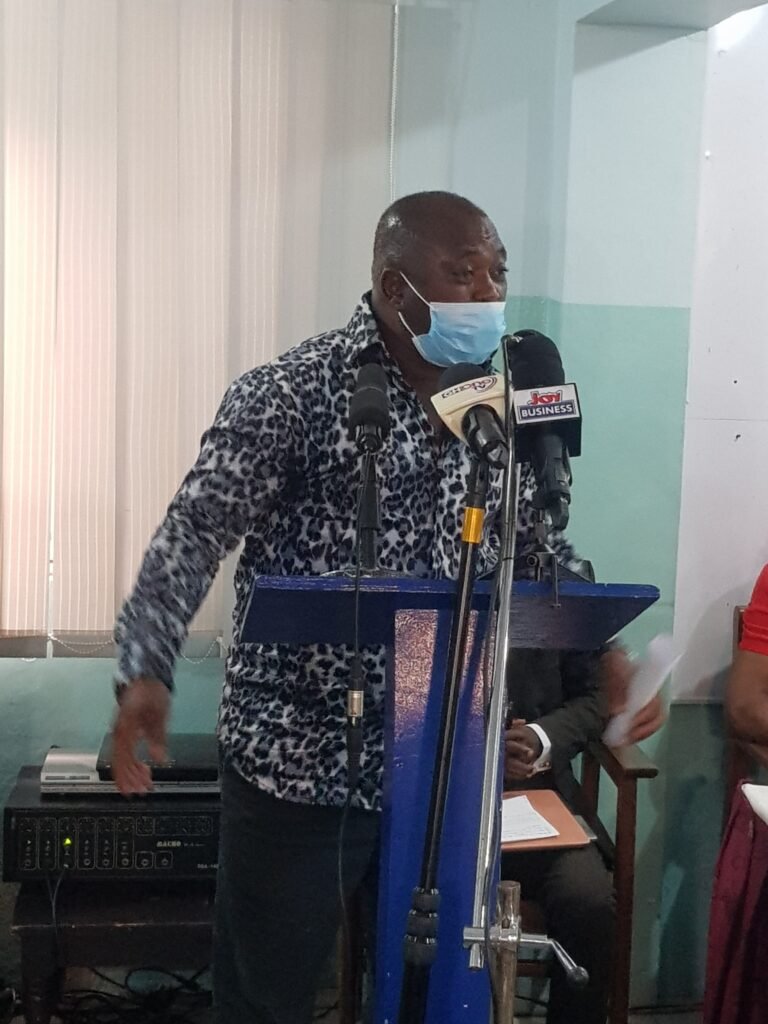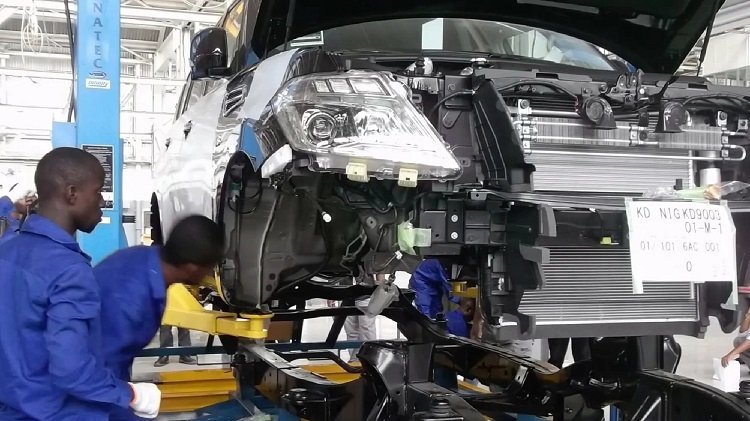The Vehicle and Assets Dealers Union of Ghana (VADUG) has indicated that the implementation of the Customs Amendment Act 2020 will adversely impact about 7000 of its members.
The law which has been approved by Parliament bans the importation of used vehicles that are older than 10 years as well as salvaged vehicles also known as accident cars.
VADUG has not hidden its disapproval of the law since it was passed early this year.
As a result, the association has pushed for the review of the law.
In an interview, the General Secretary of VADUG, Joshua Opoku-Agyemang noted that,
“As matter of fact, we are talking about 7,700 memberships across the country. Not including the sale agents that you know, the balabaguys that we deal with. Not forgetting the value chain; the sprayers, the straighteners, the mechanics who rely solely on some of these things.”

He claimed that, the workers in the value chain, to a large extent, depend on the activities of importers of used and salvaged cars for their livelihood.
“…mind you, though their garages are there and should we bring these cars or not, there will be an amount of work that will be done, however, they solely depend on us for survival because an individual importer can bring about 30 cars at a time, 40 cars at a time… You can compare that as to a day to day drive in that fix this bumper for me.”
However, the Car Rental Association of Ghana believes the Act will help improve the quality of cars on our roads and also reduce the number of accidents in the country.
But, Seth Yeboah Ocran, who is the chairman of the association, pointed out that government should have implemented the Act gradually to make sure none of the members of the association he heads is pushed out of business.
“I think ten years and above is a good initiative, which will of course reduce road accidents and what have you. Because…, it is not every member that can buy brand new cars. So, I think that we should go gradually and give ourselves let’s say 5 years, 10 years, whatever years to totally ban it.”

The Minority in Parliament also said, the law is counterproductive and will lead to more job losses than the creation of employment when it was passed in the House.
Regardless of these concerns, government has remained resolute to implement this law. The Assistant Commissioner of Customs in charge of Policy and Programmes, Customs Division, Ghana Revenue Authority (GRA), Aweya Julius Kantum, last month, disclosed that the law banning the importation of salvaged vehicles into Ghana will be effected on November 1, 2020.
The Act was an amendment to the Customs Act, 2015 (Act 891) which provides some incentives to Ghanaian car manufacturers through the Ghana Automotive Industry Policy.
It is the aim of the current government to make Ghana an automobile hub on the African continent.
Already government’s ambition has witnessed the assembling of vehicles by international automotive brands such as Volkswagen and SinoTruck in the country, with Nissan and Toyota about to commence similar operations.
Chief Executive Officer of Universal Motors, the distributors of VW vehicles in Ghana, Mr Jeffery Oppong Peperah, has assuaged the fears of artisans in the lower tier of the automotive industry as he says they will embrace other stakeholders in the sector and ensure that the required skills they need to thrive in the evolving industry are made available to them.























